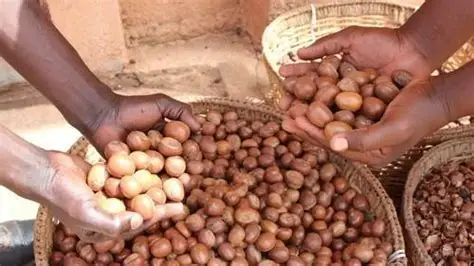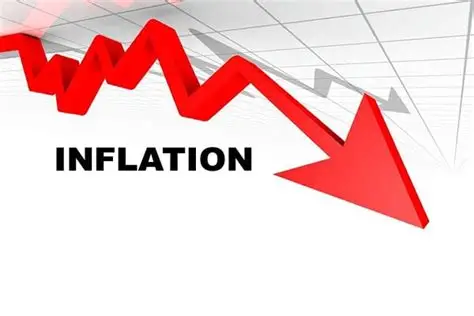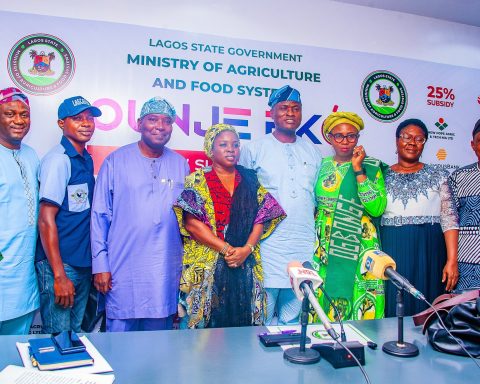The Centre for the Promotion of Non-public Enterprise (CPPE) has warned that the six-month ban on raw shea nut exports by the Nigerian government poses a significant threat to the livelihoods of rural dwellers, the country’s non-oil export, and investor confidence.
The economic think tank said prices of the commodity have plunged by over 30 percent since the export ban.
Join our WhatsApp ChannelPresident Bola Tinubu had last month approved a 6-month ban on the export of raw shea nut to boost local processing and grow Nigeria’s shea industry.
Currently, Nigeria produces an estimated 350,000 metric tonnes of shea annually across 30 states. The Federal Government targets about $300 million in revenue annually from the industry.
The ban has generated reactions from industry stakeholders and experts.
Reacting to the ban, CPPE, in a policy brief signed by its CEO, Dr Muda Yusuf, released on Sunday, noted that while the action is intended to accelerate domestic value addition and support Nigeria’s industrialisation drive, “the instantaneous implementation of the ban has created severe disruptions in the shea nut value chain—hurting farmers, aggregators, exporters, and logistics providers.”
“This policy threatens thousands of jobs in cultivation, aggregation, logistics, and trade, and risks penalising primary producers to the benefit of processors,” the centre added.
The CPPE warned that such abrupt policy shifts send negative signals to both domestic and foreign investors, and that Nigeria’s recent progress in diversifying away from oil—as evidenced by over $3 billion in non-oil export earnings in the first quarter of 2025—could be reversed if policy credibility continues to deteriorate.
READ ALSO: Agro-processing Cuts Food Waste, Raises Incomes As Africa Fights Hunger
It also cautioned that the export ban might expose exporters to legal and reputational risks, as well as increase the danger of loan defaults, given that many enterprises rely on bank funding for procurement and aggregation.
The organisation called for a phased implementation of the export ban in a way that allows businesses to adapt to new requirements without jeopardizing existing contracts. It also advised the government to improve local processors’ competitiveness by addressing structural constraints such as insufficient power supply, inadequate transportation infrastructure, and limited access to funding.
The centre emphasised that local value addition must be driven by innovation and efficiency rather than reliance on artificially low raw materials, and that farmers should be given fair market value in order to support rural livelihoods and encourage continuous production.
It also proposed regular stakeholder talks with farmers, processors, exporters, and lenders to improve policy predictability and transparency.
“Policy stability and stakeholder engagement are essential to achieving a win-win outcome for farmers, processors, and the broader economy,” it said.
The CPPE stated that, while domestic value addition is an important avenue to economic diversification, policies must be smart, inclusive, and market-friendly in order to achieve long-term growth and protect vulnerable populations along the value chain.

















